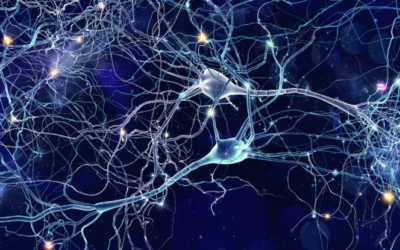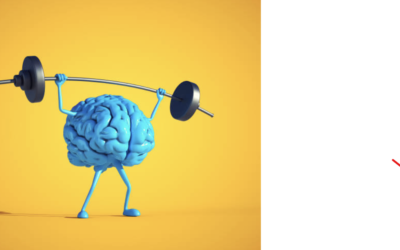Introduction
Childhood emotional neglect can leave lasting effects on an individual’s emotional well-being and coping mechanisms, often leading to self-isolation during times of distress. One aspect that may be overlooked is the relationship between emotional neglect, self-isolation, and addiction. Sober Brains, a mental health website specializing in neurofeedback therapy, aims to provide insight into this connection and explore the potential benefits of neurofeedback as a solution for individuals grappling with these issues.
The Connection Between Emotional Neglect, Self-Isolation, and Addiction
Emotional neglect during childhood can create a void in a person’s emotional support system. This void may drive some individuals to seek comfort or relief through unhealthy means, such as substance abuse or other addictive behaviors. The self-isolation that often accompanies emotional distress can further exacerbate addiction, creating a cycle that is difficult to break.
Neurofeedback: A Potential Solution
Neurofeedback is a non-invasive therapy that has shown promise in addressing various mental health issues, including addiction. It involves monitoring brain activity and providing real-time feedback to help individuals develop better self-regulation and improved neural functioning. Some of the potential benefits of neurofeedback for individuals dealing with emotional neglect, self-isolation, and addiction include:
- Improved emotional regulation: By helping individuals better understand and control their brain activity, neurofeedback can improve emotional regulation and reduce the tendency to self-isolate.
- Reduced cravings and addictive behaviors: Neurofeedback has been shown to help decrease cravings and impulsive behaviors associated with addiction, making it an effective tool for maintaining sobriety.
- Enhanced cognitive functioning: As individuals gain better control over their brain activity, they may experience improvements in attention, memory, and problem-solving skills, which can contribute to overall well-being.
Incorporating Neurofeedback into Your Recovery Journey
If you’re interested in exploring neurofeedback as a potential solution for the challenges stemming from childhood emotional neglect, self-isolation, and addiction, consider taking the following steps:
- Research: Learn more about neurofeedback therapy and its potential benefits by exploring resources on Sober Brains and other reputable websites.
- Consult a professional: Speak with a mental health professional or neurofeedback practitioner to discuss your specific needs and determine if this therapy is right for you.
- Commit to the process: Like any therapeutic intervention, neurofeedback requires time and effort to achieve lasting results. Be prepared to invest in your mental health and recovery journey.
Conclusion
The relationship between childhood emotional neglect, self-isolation, and addiction is complex and multifaceted. Neurofeedback therapy, offered by Sober Brains, can be a valuable tool in addressing these challenges and promoting emotional well-being. By improving emotional regulation, reducing addictive behaviors, and enhancing cognitive functioning, neurofeedback has the potential to make a significant impact on the lives of those affected by emotional neglect and addiction.





0 Comments